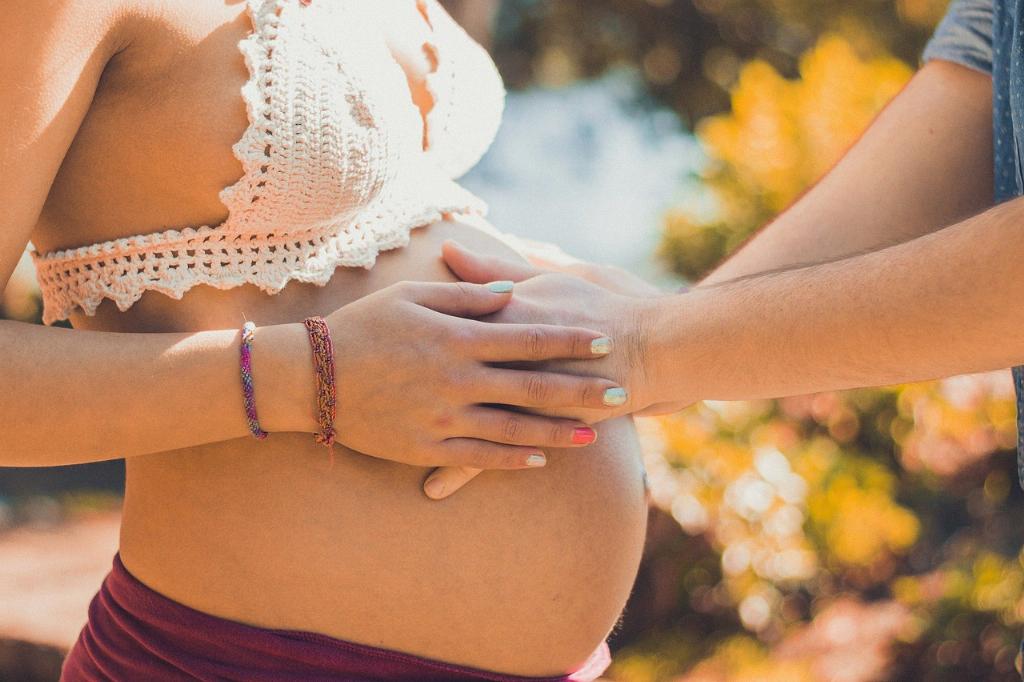It’s natural to have concerns about how your exercise routine may impact your baby during pregnancy. Thankfully, research suggests that staying active during pregnancy can actually benefit both you and your little one. Various studies have indicated that exercise, whether performed acutely or chronically, is generally considered safe for pregnant women and their developing fetuses.
When it comes to the impact of exercise on the baby, it’s essential to understand that regular physical activity during pregnancy does not typically pose harm. In fact, some studies have suggested that exercising while pregnant may contribute to improved fetal development both in the womb and post-birth. So, rest assured that breaking a sweat through safe and appropriate workouts is likely to have positive effects.
One of the key measures used to assess the well-being of the baby at birth includes parameters such as weight, length, and circumference. These metrics help healthcare providers evaluate the growth and development of the fetus throughout the pregnancy. Engaging in exercise during this period has not been found to negatively impact these crucial indicators, thereby supporting the notion that staying active can benefit both the mother and the baby.
Furthermore, exercise during pregnancy may also have positive effects on the overall health of the mother, which indirectly benefits the baby. By maintaining a regular exercise routine, pregnant individuals can improve their cardiovascular health, boost their mood, and manage weight gain, all of which contribute to creating a healthier environment for the fetus to thrive.
It’s worth noting that while exercise is generally safe during pregnancy, certain precautions should be taken to ensure the well-being of both the mother and the baby. Consulting with a healthcare provider before initiating or continuing an exercise program is crucial, as they can offer personalized recommendations based on individual circumstances and medical history.
Moreover, choosing appropriate forms of exercise that are low-impact and safe for pregnancy, such as walking, swimming, or prenatal yoga, can help minimize the risk of injury or complications. Listening to your body and adjusting the intensity of your workouts as needed is also essential to ensure a safe and comfortable experience for both you and your baby.
Contrary to common misconceptions, exercising during pregnancy does not necessarily increase the risk of preterm birth or low birth weight. In fact, research has shown that regular physical activity can contribute to improved birth outcomes, including a reduced likelihood of complications such as gestational diabetes and preeclampsia.
Additionally, staying active during pregnancy can help alleviate common discomforts such as back pain, swelling, and fatigue, making it easier for expectant mothers to navigate the physical demands of pregnancy. By incorporating gentle exercise into their routine, pregnant individuals may experience enhanced overall well-being and improved quality of life.
When considering the potential effects of exercise on the baby during pregnancy, it’s important to recognize that each person’s experience is unique. While some individuals may benefit greatly from staying active, others may need to modify their exercise routine or avoid certain activities based on specific health considerations or pregnancy-related conditions.
Ultimately, the decision to engage in exercise during pregnancy should be based on individual comfort levels, medical guidance, and personal preferences. By remaining informed, listening to your body, and seeking appropriate support, you can make choices that support both your own health and the well-being of your baby as you embark on this transformative journey.
In conclusion, the evidence suggests that exercise can have numerous positive effects on both the mother and the baby during pregnancy. By maintaining a safe and appropriate exercise routine, pregnant individuals can promote overall well-being, enhance fetal development, and potentially reduce the risk of certain pregnancy-related complications. Remember to prioritize your health and consult with your healthcare provider to create a tailored exercise plan that supports a healthy and active pregnancy.

